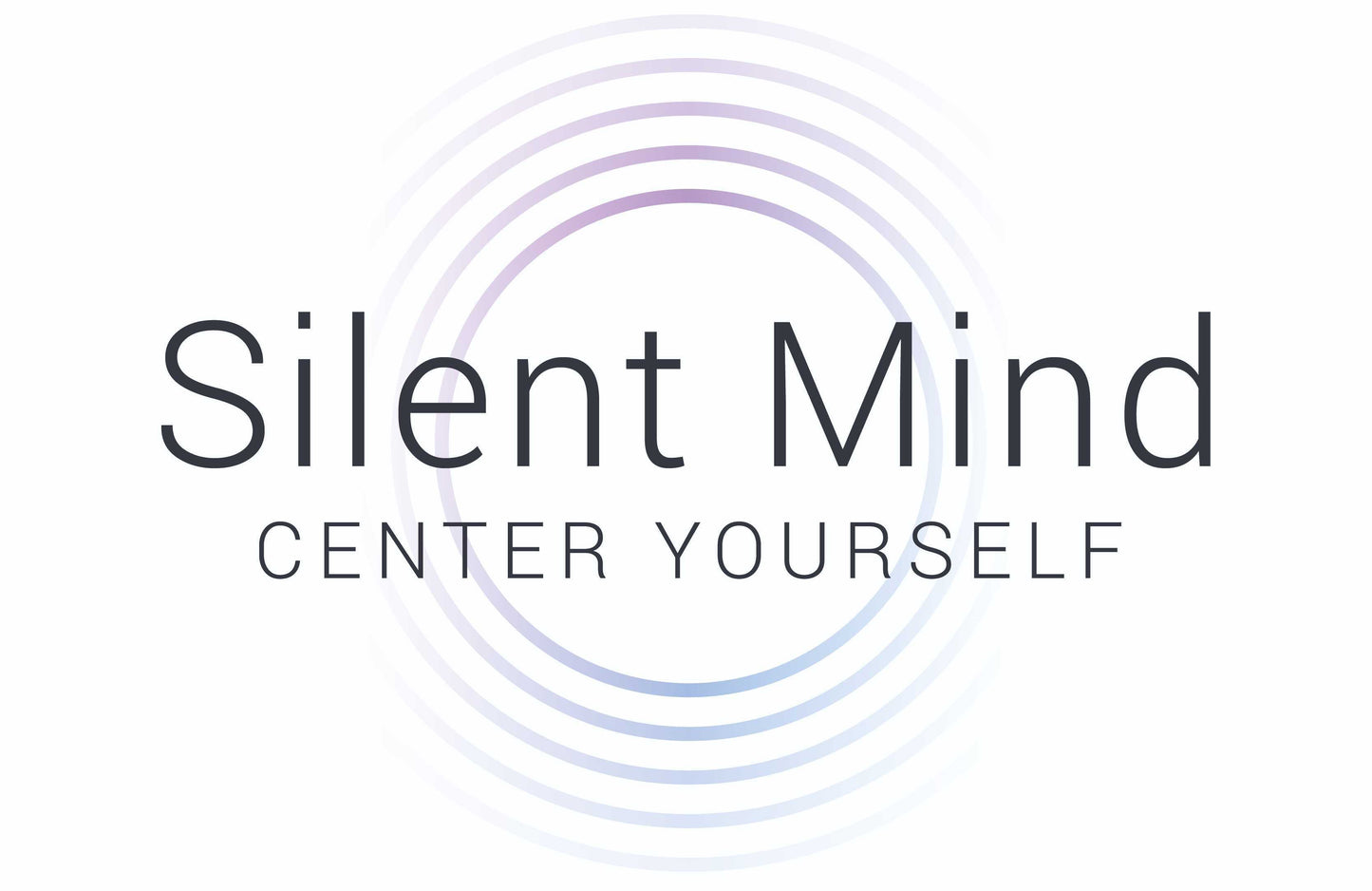
Are you making any New Year’s resolutions this year? Millions of us are, but we propose that for 2019, you set an intention instead.
Why? What’s the difference?
In some ways, making a resolution is like putting the cart before the horse. You’re focusing on an end result. Actually, one could argue that so few of us fulfill our annual resolutions because we are only driven by results.
An intention, however, can help show you how to get there. An intention puts you in the frame of mind to accomplish your goals. It sets the mood for achieving, not just receiving whatever it is you desire.
Here are four simple steps to setting your intention for 2019.
- The year in review. First, sit quietly and have a look back at 2018. What are the areas you feel were lacking? Were there professional/financial victories, but too many emotional struggles?
Did your health suffer while your relationships thrived? What made you happiest? Get clear on what you want more of in the upcoming year.
- Make your list and share it with one trusted person. Now that what you need or want has been defined, write down your intention. It can be more than one intention. Say you intend to be more fiscally responsible in 2019, or that you’ll eat predominantly healthy foods five days per week.
Notice that when you phrase these as your intentions, you’re not specially saying “I want more money,” or, “I want to lose 30 pounds.” But your intentions, carried out on a daily basis, might bring these results.
Now show someone what you’ve written. Ask this person to check in with you periodically, to see whether or not you’re still living intentionally.
- Meditate on it. Life happens, and we lose sight of what we’re after. That’s why we have to hold our annual intentions close to us. One way is to meditate on that intention as often as possible. Create a mantra or affirmation for yourself based around this intention.
For instance, “Only healthy foods heal and nourish me,” or, “I am always finding new ways to create more wealth.” As you play the rim of your singing bowl, think of this mantra with each exhale.
- Forget the result; focus on the intention. Here’s the hard part. It’s important to avoid getting hung up on your “progress” and checking to see if you’ve gotten your desired results yet. Continuing with our examples, constantly checking your account balance or stepping onto the scale is not part of your intention.
Keeping a tight fist around your goals does not make it more likely that you’ll accomplish them. Again, you must let go of the result. Trust that living with intention will provide you with the best possible outcome - even if it’s not exactly as you pictured it.
Does that sound as though you might not be pushing hard enough for your goal? Think again. If you skip living intentionally and merely force yourself to save $1,000, you blocked your chance to save $2,000 instead.
Amazing things happen when you open up and let go of a rigidly-defined desire.
What are your intentions for the coming year? How do you plan to stay accountable? If you have any tips for day-to-day motivation, share them in the comments.
